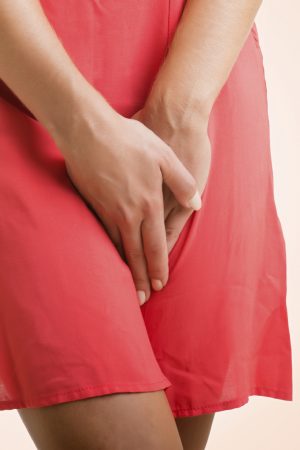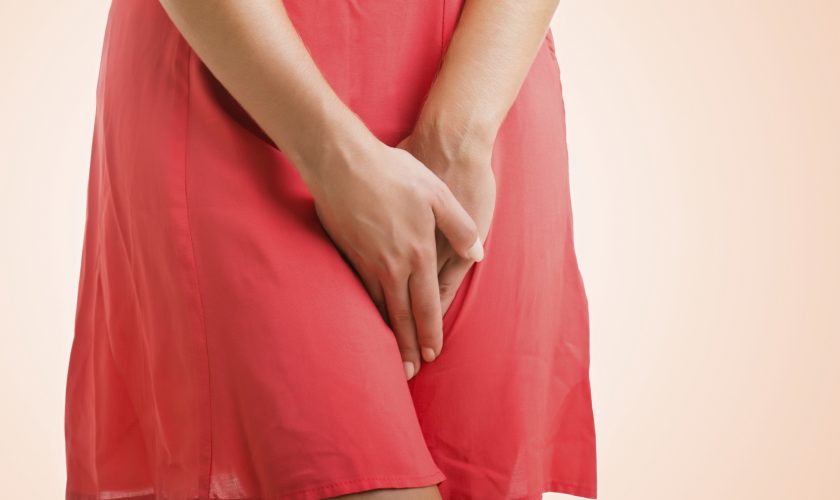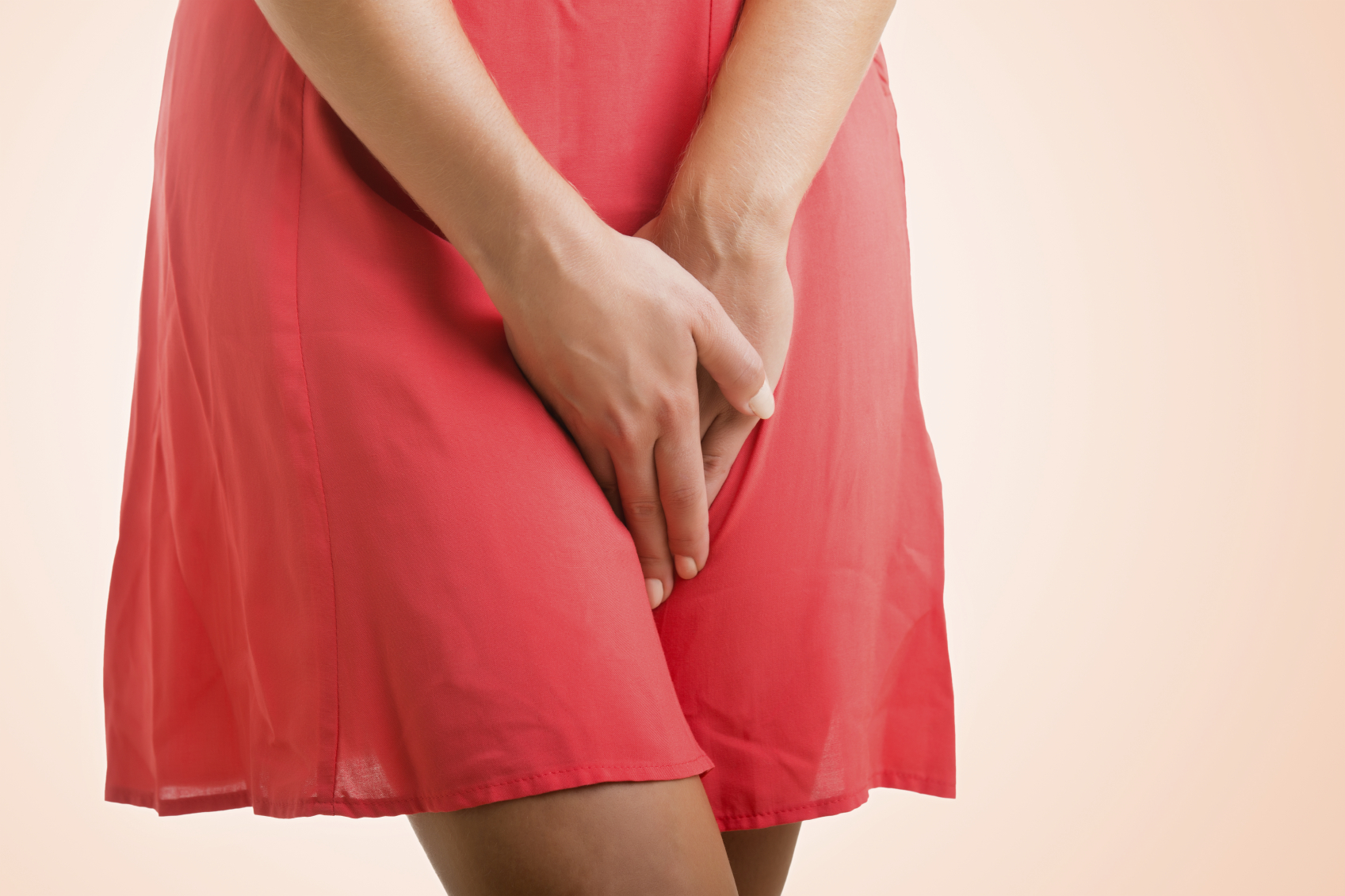Cystitis is an inflammation of the bladder. Inflammation is where part of your body becomes irritated, red, or swollen.
In most cases, the cause of cystitis is a urinary tract infection (UTI). A UTI happens when bacteria enter the bladder or urethra and begin to multiply.
This could also happen with naturally occurring bacteria in your body that become imbalanced. These bacteria lead to an infection and cause inflammation.
Cystitis does not always come from an infection. For example, certain medicines and hygiene products can also cause inflammation. Treatment for cystitis depends on its underlying cause. Most cases of cystitis are acute, or occur suddenly. Interstitial cystitis cases are chronic, or long term.
Symptoms
Cystitis signs and symptoms often include:
- A strong, persistent urge to urinate
- A burning sensation when urinating
- Passing frequent, small amounts of urine
- Blood in the urine (hematuria)
- Passing cloudy or strong-smelling urine
- Pelvic discomfort
- A feeling of pressure in the lower abdomen
- Low-grade fever
In young children, new episodes of accidental daytime wetting also may be a sign of a urinary tract infection (UTI). Nighttime bed-wetting on its own isn’t likely to be associated with a UTI.
Causes
The type of cystitis depends on its cause. Possible causes of cystitis include:
- urinary tract infection (UTI)
- taking certain drugs
- exposure to radiation
- ongoing use of a catheter
- irritating hygiene products
Prevention
Cystitis is a bladder infection. Symptoms may include frequent, painful weeing, lower tummy pain, smelly urine and fever. Simple steps to help prevent cystitis include passing water after sex and monitoring blood sugar. Recurrent bouts need a medical review.
Treatment
Treatment options include the following:
Antibiotic medication
A three- to five-day course of trimethoprim or nitrofurantoin is a common treatment for most women. Symptoms usually improve within a day or so after starting treatment. Sometimes your doctor may offer you a delayed prescription for antibiotics. You then need only pick up the prescription if your symptoms worsen, or do not improve, over the following few days.
Not taking any treatment may be an option if symptoms are very mild (and if you are not pregnant or if you have no other illnesses). Your immune system can often clear the infection. Without antibiotics, cystitis (particularly mild cases) may go away on its own in a few days. However, symptoms can sometimes last for a week or so if you do not take antibiotics.
Paracetamol or ibuprofen
These ease pain or discomfort and can also lower a high temperature (fever).
Have lots to drink is traditional advice to ‘flush out the bladder’. However, there is no proof that this is helpful. Some doctors feel that it does not help and drinking lots may just cause more (painful) toilet trips. Therefore, it is difficult to give confident advice on whether to drink lots, or just to drink normally.
If your symptoms worsen or you develop a high fever you should see your doctor. You should also see your doctor if your symptoms do not improve by the end of taking the course of antibiotics or if they come back within two weeks of the course finishing.
Remedies
Your diet plays an important role in curing cystitis. Bladder infections are often caused by E.coli bacteria. Drinking plenty of fluids throughout the day helps your body flush out bacteria and fight the infection.
You should:
- Drink 2-3 litres of fluids (water will do just fine) each day
- Go to the bathroom as often as you need to – don’t hold it in
- Avoid drinking alcohol, coffee or citrus juices (orange, lemon, lime, grapefruit), as they can irritate the bladder
- Avoid drinking sugary drinks
- Drink cranberry juice to prevent future infections (this will not heal current infections but may prevent future bouts). However, do not drink cranberry juice if you are taking a blood-thinning medication such as warfarin
- Get more Vitamin C (for example from leafy green vegetables and tomatoes)
You should keep on drinking lots of fluids for 2-3 days after the symptoms have gone. Natural therapy can also be used to prevent cystitis, the general idea being that you should maintain a healthy immune system. Your GP can advise you on the best options and diet for preventing bladder infection (e.g. antimicrobial herbs such as garlic and parsley).
Good Hygiene
Make sure you urinate as frequently necessary to prevent your urine from resting in your bladder for a long period of time (as this allows bacteria to multiply). Drink plenty of fluids to ensure that any bacteria in your bladder get flushed out. Try to empty your bladder completely every time you urinate. When going to the toilet, make sure you wipe front to back (and not back to front) to avoid transferring germs to the opening of the urethra.
In order to relieve pain from cystitis, you can use a heat pad or a warm bottle on your tummy. Alternatively, you can sit in a bath or a shallow bucket filled with warm water to ease the pain. Do not add anything else to the bath, unless your doctor suggested it.
Heating pads
Putting low heat across your abdominal region or back may soothe the dull ache that sometimes occurs during bladder infections. This can be especially helpful if medications aren’t enough to ease your discomfort.
Appropriate dress
Bacteria thrive in warm and moist environments. Tight jeans and other snugly fitting clothes can trap moisture in your most delicate areas, making them a breeding ground for bacteria. Wearing loose, casual clothing that allows your skin to breathe can keep the bacteria in your urinary tract at bay.
Take a sitz bath
Soak in a bathtub of warm water (sitz bath) for 15 to 20 minutes to help relieve pain or discomfort.



